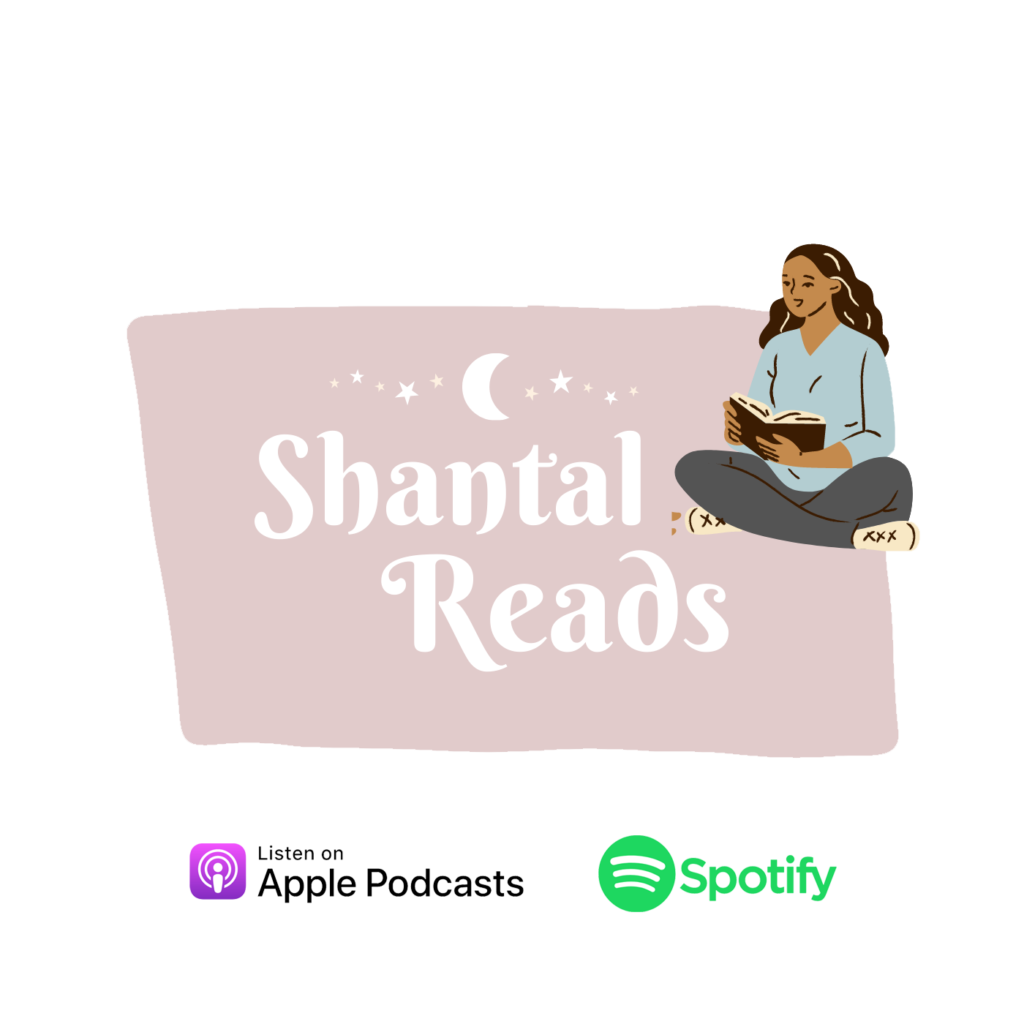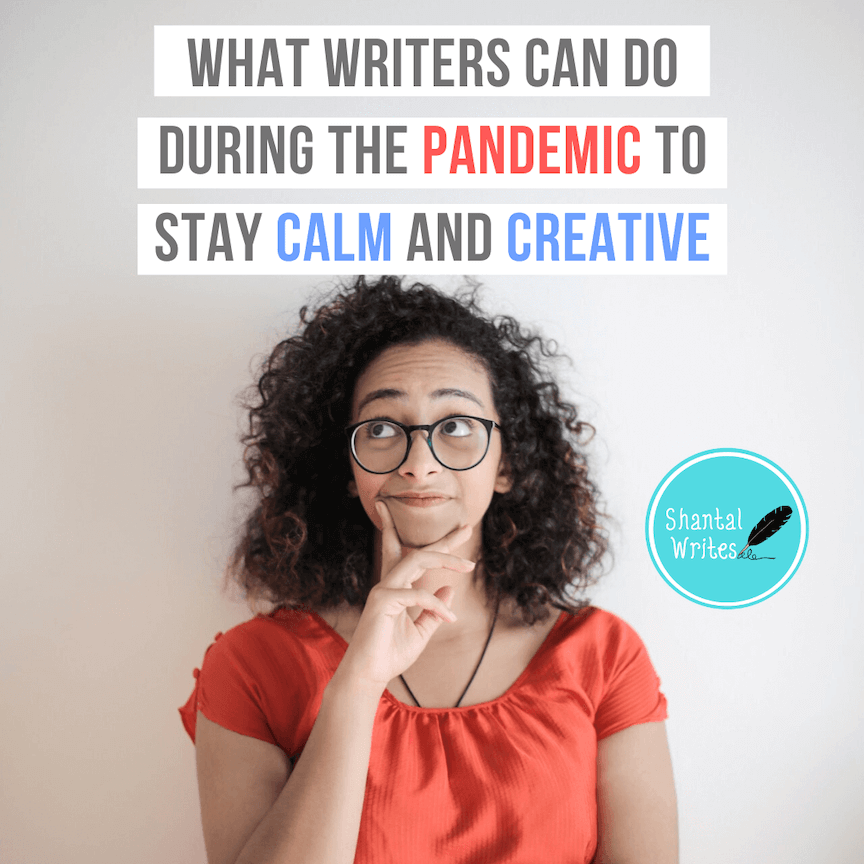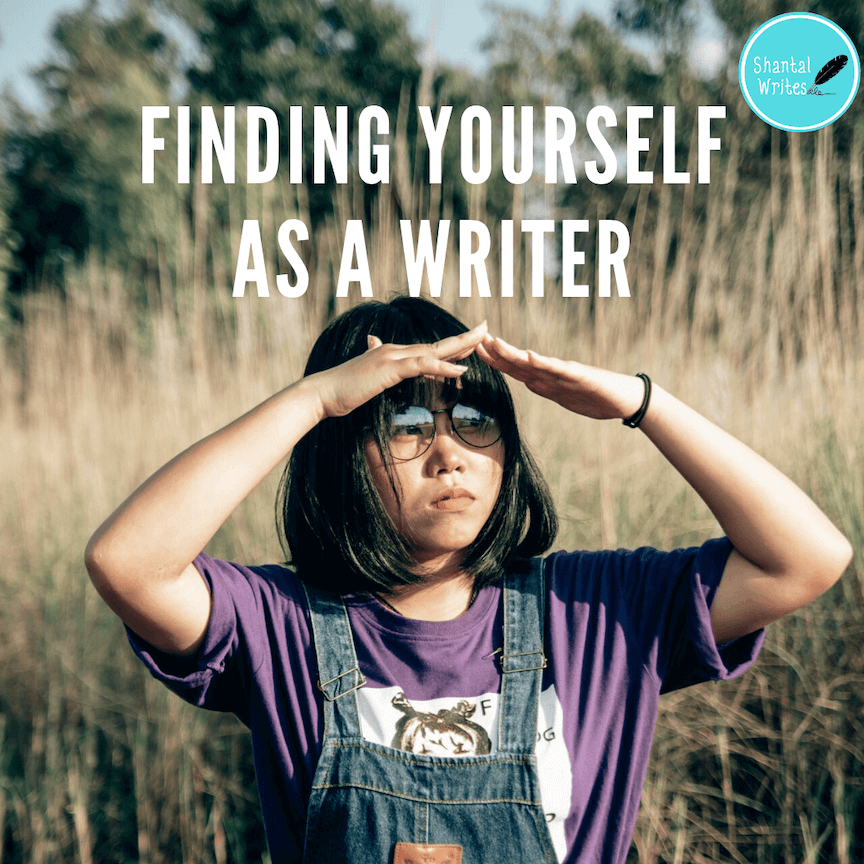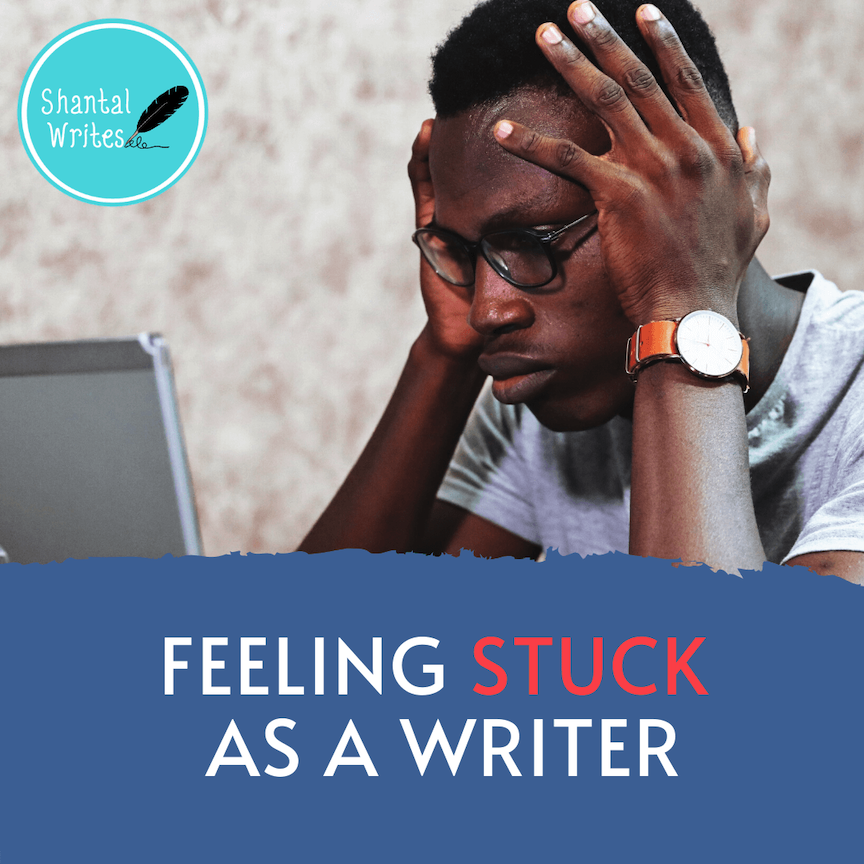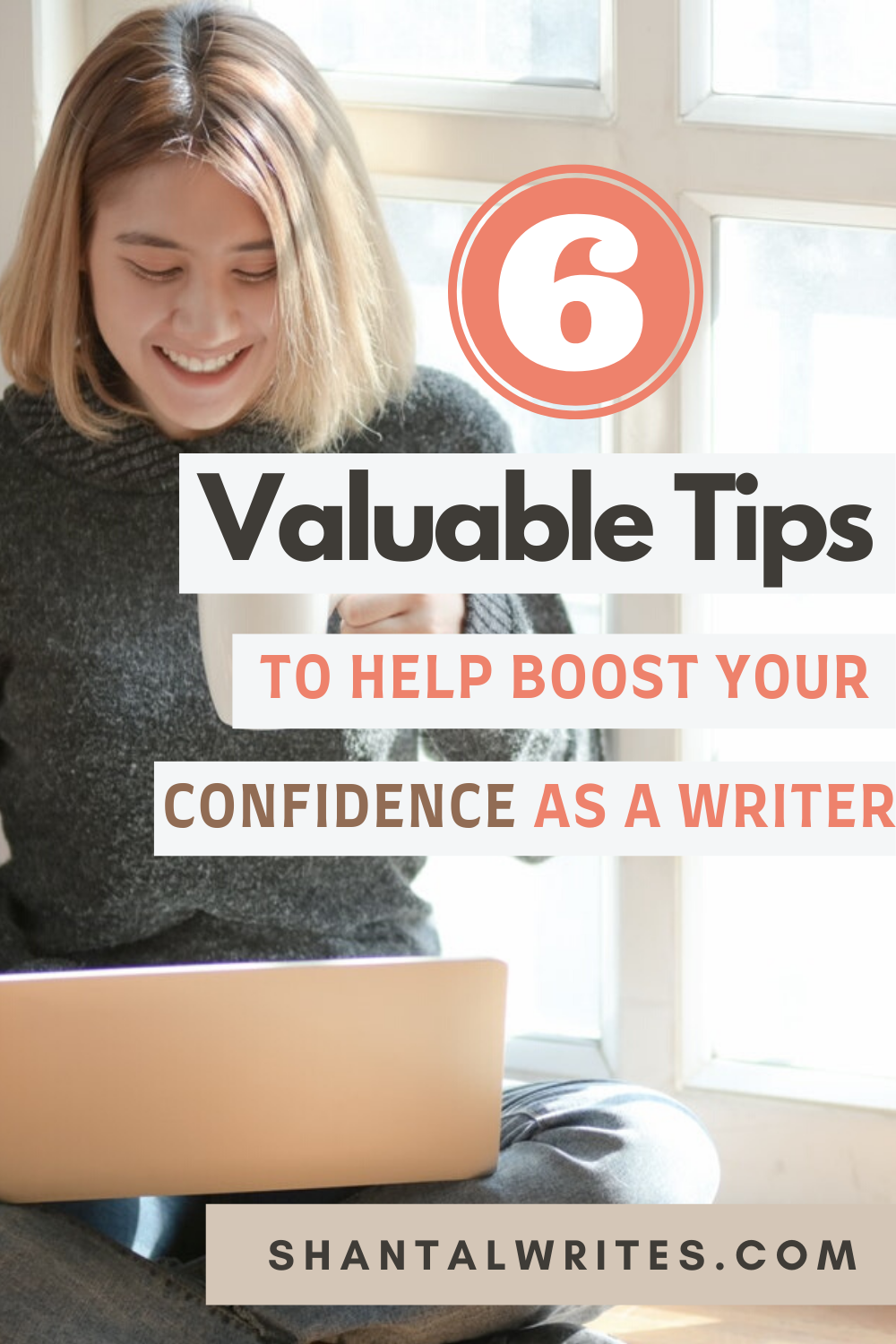
Being a writer often feels like you’re looking for an instructional manual that never came with the package. We see completed works of fiction (or non-fiction) everywhere and they are the things we can compare our works to. All we know is that we want to write like “that”, but don’t exactly know how. Most of us, at some point, have thought that if we sit down and write, what will come out will be just like those completed works we enjoy.
Like I’ve said in my previous articles, I am a perfectionist. I expect the best of myself, and when I don’t turn out my best, I end up hating my work or straight up abandoning it. I feel like the crappy quality of my writing is a representation of who I am as a writer, which isn’t fair. Writing crap isn’t a representation of who I am, but it is a reflection of two things: 1. That I tried and 2. Where I’m at with my skill set (i.e what I’ve learned and what I need to learn). Nevertheless, those unrealistic expectations and negative thoughts affect my confidence as a writer.
As I try to understand my process, I have come across lots of helpful advice to help me have realistic expectations for myself. Here are six tips I’ve found that can help you be a confident writer.
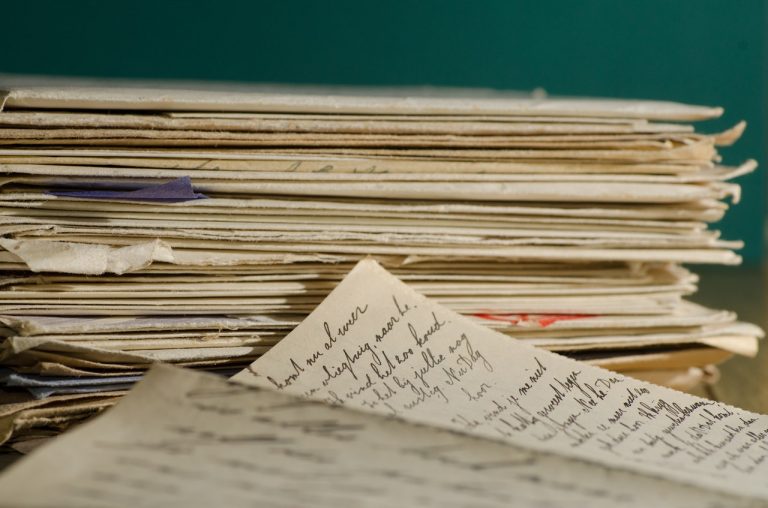
Dan Brown is the author of several novels, including his most famous one, “The DaVinci Code”. This quote from his Masterclass promotional video stuck out to me because it made me realize that we don’t always know what to write and that’s okay–normal, even. It is perfectly possible for a story to be discovered, not planned for. Suddenly it gave me permission to not know what to write and the confidence to take each attempt at finding out.
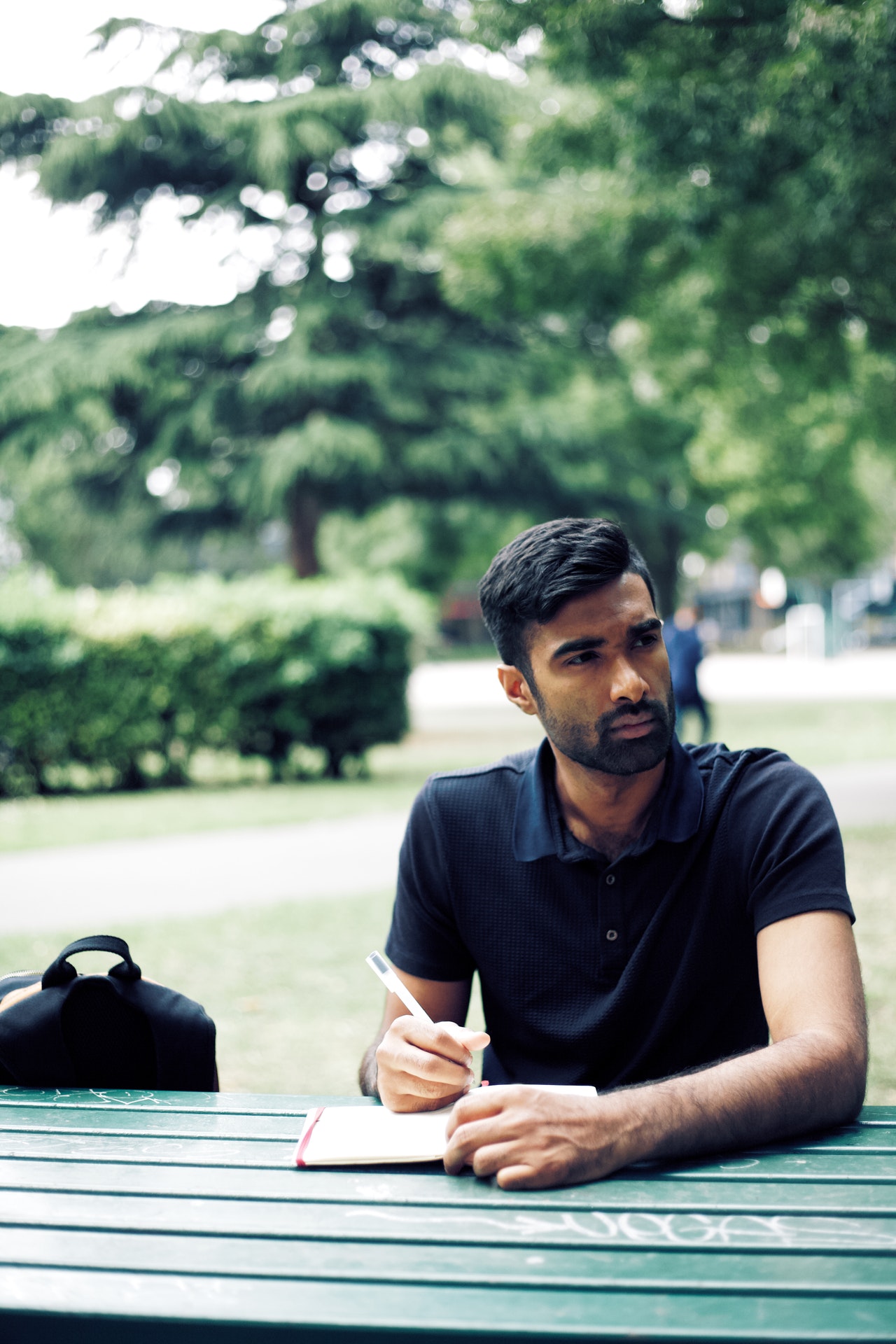
In Youtuber ShaelinWrites‘s video on author anxiety, Shaelin talks about the gap between our imagination and written language. Our thoughts are typically abstract and have no direct communication to the material world. We communicate our thoughts through imperfect tools like language. Therefore, it’s just never going to be the same—and that’s okay. The reader will only see the story on the page and never the one in our heads. So, ultimately, there’s no point in being hard on ourselves when what we have written doesn’t capture what we see in our minds. Once it’s translated through language, it has a new form.

When we write, it is important to keep ourselves interested. I learned this from a writing teacher last year for a Science Fiction and Fantasy course. What my teacher meant by this was that, a good place to start writing is to start with what interests us the most. Do you find a character particularly interesting but don’t have a plot for them yet? Do you find a setting intriguing, but have no characters? Start there. Describe things. Write a scene that’s active. Discovery write from where you’re most interested to dig up the story. You can find confidence in following what excites you.
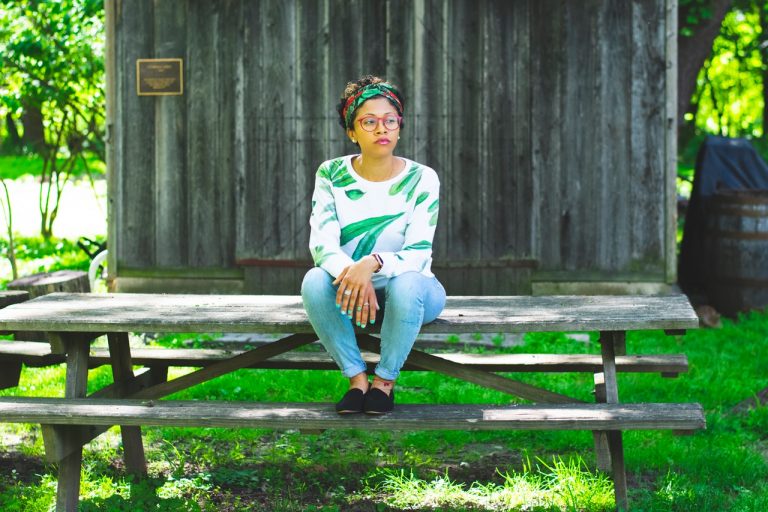
I’ve heard this a lot, but it was Youtuber Racheal Stephen’s discussion on how to write when you don’t feel like it, that really made me think differently about the relationship between ourselves and the muse. According to Stephen, the muse—the creative flow state—rarely shows up to a writing session before we do. So, we need to show up and write until it shows up to work. It may take a few minutes, or it might take the next day. It might last for a few hours or just a few minutes, but it will come. This made me feel less upset about the struggle to get words out. It gave me confidence to know that this won’t last forever, and that is was not a representation of who I am as a writer. That this is part of the creative process.

No matter if you’re a pantser or a plotter, there are times when writing feels like walking around in the dark with a flashlight. It’s important to let our instincts guide us through the process. Often, when writing without a clear plan, just following our intuition, can lead us to write from a more subconscious place where interesting themes live. Trusting ourselves can make us feel more confident as writers.

This is the one that I struggle with the most. When I’m coming up with ideas or writing a story, I tend to think about my imaginary audience and wonder if what I’m doing is something they’d like or completely hate. I judge my ideas and my writing as if there is a critical snobby audience watching me work. This can lead to low self-confidence. It’s important to eventually stop depending on what we think others want from us and to start asking ourselves what we want from ourselves. In the end, no one else knows what’s best for our work than we do.
It’s important to remember that writing is fluid. Some days we churn out words that flow like the steady stream of a river, while other days it’s like pulling teeth. Sometimes it takes time for our muse to appear, and sometimes it may take several tries to figure out what we want to say. Normalizing the hardships of creating stories, keeping realistic perspectives about this process can allow us to be confident writers.
What do you think of these tips? What gives you confidence as a writer? Please share in the comments below!

Hi! Shantal here. I’m a writer and a storyteller. I created Shantal Writes to share my experiences with writing fiction. I also provide new writers with tips, tools, and writing advice. I hope you find something helpful while you’re here!
More On Shantal Writes

